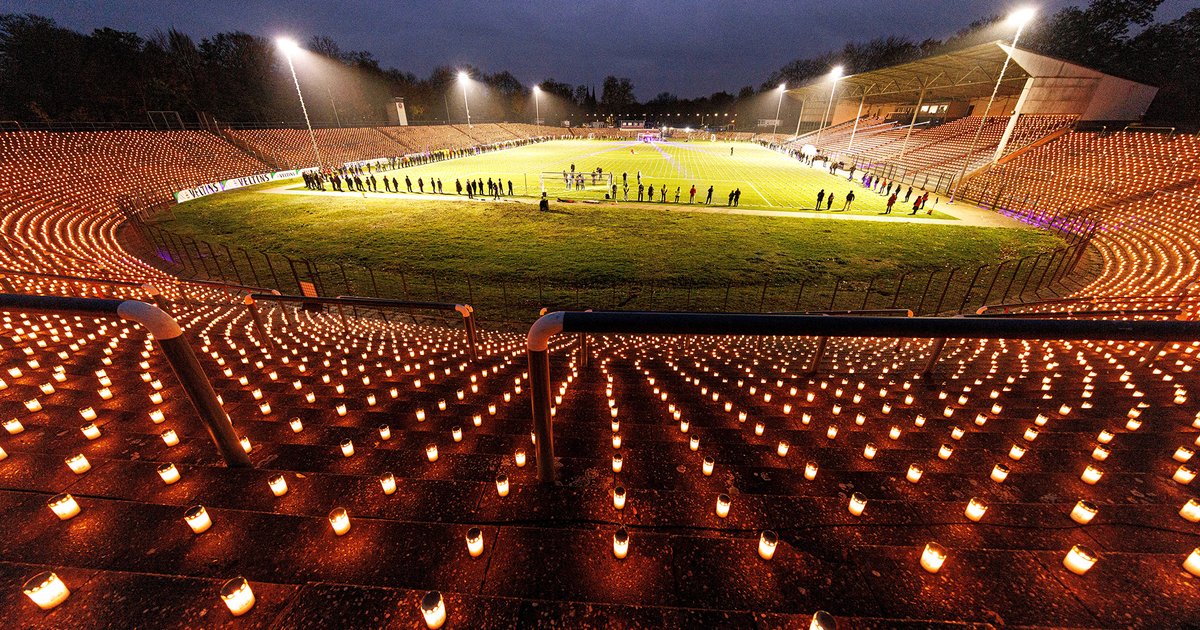Death in Qatar, but no just compensation for families back home

Her husband, Kashiram Belbase, had made plywood forms to contain the concrete being poured for the Doha Metro, a gleaming mass transit that now ferries fans to the stadiums. One evening in March 2015, after returning to the labour camp after a 13-hour day, he had dinner and went to bed, as usual. “At 12 o'clock, we suddenly woke up as Kashiram fiercely hit on the wall with his hands,” a campmate recalled. “We called him, saying ‘Kashiram, Kashiram', but he didn't speak. We called an ambulance. The ambulance took him to the hospital. The next day, we went to the hospital. We were told that he was no more.”
Kashiram's death certificate says he died of “respiratory failure”. As with Sanjib Ray, it was declared a “natural death”. His wife said she finds that difficult to believe. “He was healthy, strong, and well-grown. He never fell sick at home,” Dhanakala said. “I'm confused about what happened to him.”
Kashiram was not a trained carpenter, and he found operating the machines and lifting the heavy wood in the searing heat challenging. But he had little choice. This was the only means he had of supporting his impoverished family. With an immense financial burden, he had left high school for foreign employment. He had wanted his children to grow up well-educated, and he wanted to build a home and open a business. But he died too soon.
Dhanakala now lives in a den-like rented room in southern Nepal. She is the sole caretaker of the family, earning 12,000 rupees a month ($93) working nine hours a day, six days a week at the local grocery store. There she cleans up and serves tea to staff. “Our financial situation was never better, but it has been destroyed since his death,” Dhanakala said. “Now I have trouble. I can't provide the things the children ask for. I cannot spare time for them.”
The families who haven't gotten compensation even after the death of their loved ones can be found across Nepal.
Risking it all in a bid to survive
Conversations with youths in Nepal make one thing clear. They are desperate, and even those who lost family members to foreign employment contemplate going abroad themselves.
Ram Kumar Rokka, 26, lost his dad in March 2020. “I'm sometimes afraid of facing a similar fate as my dad did,” he said. “But what can I do staying here? I can't earn more money. I must go.”
Ram Kumar currently works as a construction labourer in Nepal's capital, Kathmandu. He earns 900 rupees ($7) a day. With this money, he takes care of his grandfather, grandmother, and his own family with a four-year-old daughter. “It's nothing to fulfil the necessities of my family,” he said. “I'm in trouble. But what can I do? Nobody helps us.”
His father, Dhan Bahadur Rokka, worked as a builder on various construction sites in Qatar, including a football stadium. He died at 43. His death was attributed to “acute heart failure due to natural cause,” but Ram Kumar has his doubts and could find no one who could explain the incident. He received 6080 Qatari rials ($1,670) in compensation, which were his father's due salary, leave benefit, end-of-service benefit, and the cost of repatriation.
Ram Kumar said he is proud that his father worked to make the World Cup tournament possible, and he is planning to watch some of the games. But he has a message for the players: “You play well, but please do not forget the workers like my dad who dripped blood and sweat building the stadiums. Try to help us if you can.”
This “Eyes on Trafficking” story is reprinted from its original online location.
 ABOUT PBJ LEARNING
ABOUT PBJ LEARNING
PBJ Learning is a leading provider of online human trafficking training, focusing on awareness and prevention education. Their interactive Human Trafficking Essentials online course is used worldwide to educate professionals and individuals how to recognize human trafficking and how to respond to potential victims. Learn on any web browser (even your mobile phone) at any time.
More stories like this can be found in your PBJ Learning Knowledge Vault.
EYES ON TRAFFICKING
This “Eyes on Trafficking” story is reprinted from its original online location.
ABOUT PBJ LEARNING
PBJ Learning is a leading provider of online human trafficking training, focusing on awareness and prevention education. Their interactive Human Trafficking Essentials online course is used worldwide to educate professionals and individuals how to recognize human trafficking and how to respond to potential victims. Learn on any web browser (even your mobile phone) at any time.
More stories like this can be found in your PBJ Learning Knowledge Vault.
